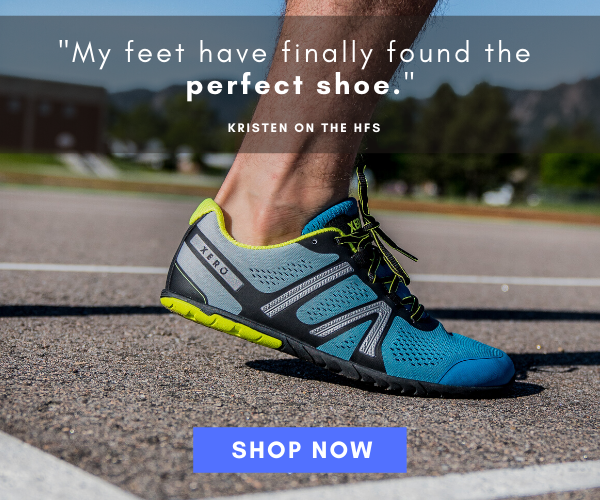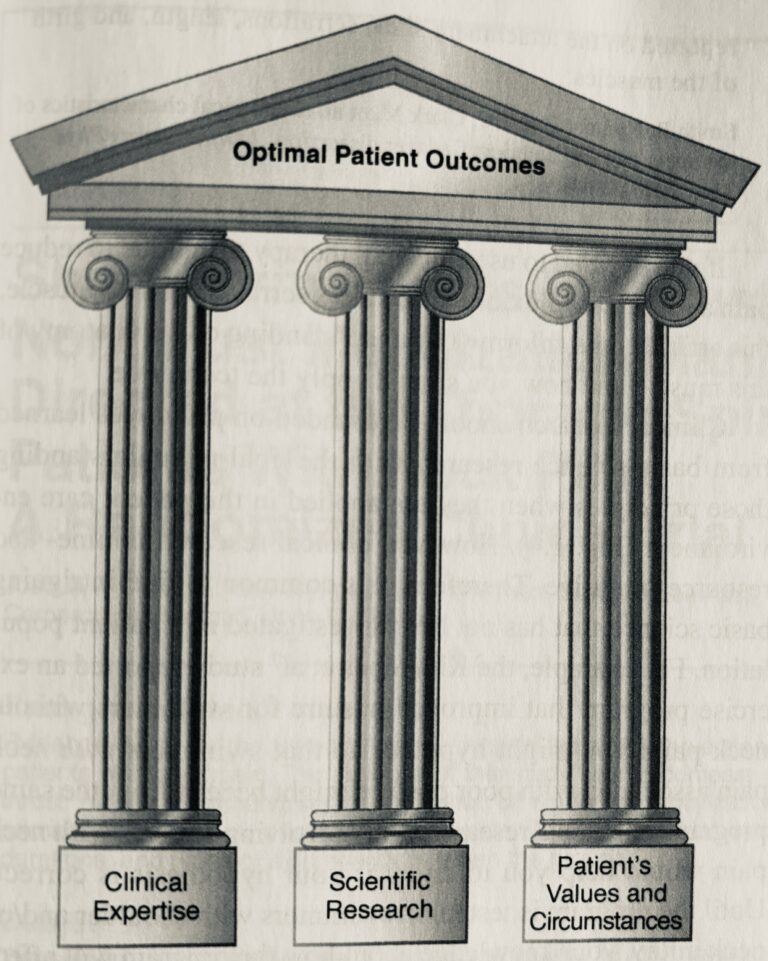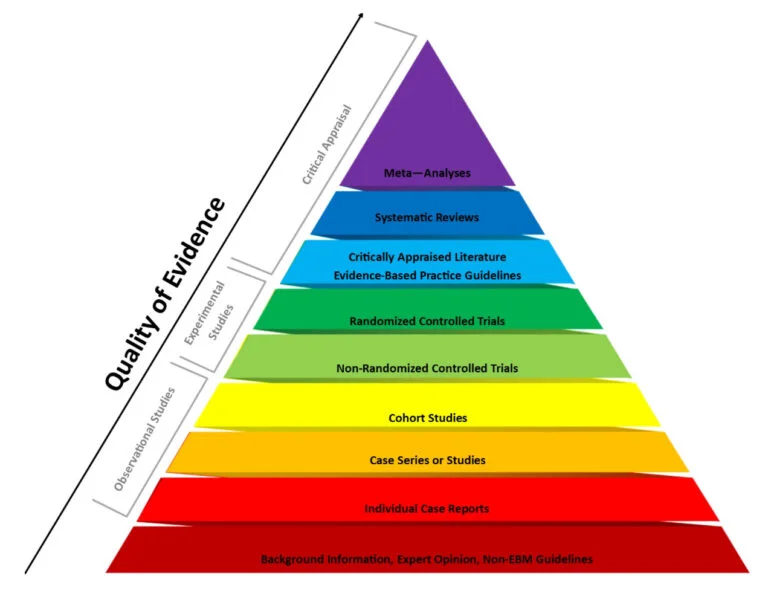Anecdotal evidence refers to information gathered from personal experiences or individual stories rather than through scientific research or systematic data analysis. It often involves informal sharing of personal accounts, which can be compelling and relatable but may not provide a comprehensive or representative picture of a situation.
In a strict sense, evidence that falls outside of the rigors of a randomized controlled trial (RCT) is considered anecdotal. This includes a Pilates or yoga instructor’s knowledge attained over years of instruction.
What is Anecdotal Evidence?
In simple terms, anecdotal evidence is the type of evidence that comes from individual observations and experiences. Unlike controlled studies and statistical analyses that aim to remove bias and variability, anecdotal evidence is subjective and often influenced by personal perceptions.
While anecdotal evidence and clinical evidence can be considered synonymous, clinical evidence can generally be supported via measurements and client-specific information gathered within the clinic. Anecdotal evidence is generally considered less formal and may not have supporting documentation.
Why does Anecdotal Evidence Matter?
Anecdotal evidence is less scientifically rigorous than clinical evidence or evidence based practice. However, it would be a gross error to discount anecdotal evidence altogether.
Here’s an example to show you why.
If you ask any general practitioner whether humidity can affect arthritic pain, they will tell you yes (without hesitating!). However, if you look for peer-reviewed, high-quality scientific papers that support that view, you’ll be disappointed.
The simple fact, which deserves closer attention, is that not everything that is can be replicated in the form that will satisfy scientific method and the kind of statistical regularity that will satisfy the rigors of scientific journals.
Master trainer Mark Rippetoe makes an excellent defense of anecdotal evidence.
In the case of elite training, there are simply very few scientifically rigorous studies available.

Characteristics of Anecdotal Evidence
- Personal: Derived from an individual’s experiences or observations.
- Informal: Usually shared in casual conversations or testimonials.
- Subjective: Influenced by personal perspectives and emotions.
- Non-Scientific: Lacks the rigor of structured research methodologies.
- Compelling: Often resonates on a personal level with others who have had similar experiences.
Healthy feet…great price!
- Fast shipping for $3-5
- Great variety
- Long-lasting quality
- Add lace-locks for quick changes

Try minimalist shoes from XeroShoes.com!
Examples of Anecdotal Evidence in Healthcare
- Home Remedies:
- An individual might share a story about how drinking a specific herbal tea helped them recover from a cold faster than usual. While this experience may be true for them, it doesn’t serve as evidence for the efficacy of the remedy for the general population.
- Diet Plans:
- Someone might report dramatic weight loss or improved health after following a certain diet plan. Without scientific studies to back these claims, they remain personal anecdotes rather than proven facts.
- Teaching Methods:
- A teacher might notice that a new teaching technique seems to engage their students better. While this observation can be insightful, it lacks the verification provided by controlled studies.
Contextual Use in Healthcare
In healthcare, anecdotal evidence can be both beneficial and misleading. It’s beneficial when it offers insights or raises questions that lead to further research or exploration. For instance, personal stories can highlight patterns or issues that might not yet be documented in scientific literature, prompting more rigorous studies.
However, relying solely on anecdotal evidence in healthcare decisions can be risky. Personal accounts often vary widely and can be influenced by numerous uncontrolled factors. Therefore, while anecdotal evidence can complement scientific findings, it should not replace them in making informed healthcare choices or policy decisions.
In conclusion, while anecdotal evidence can offer valuable personal insights, especially in fields like healthcare and physical health, it should be viewed as a starting point rather than a definitive guide for decision-making.




